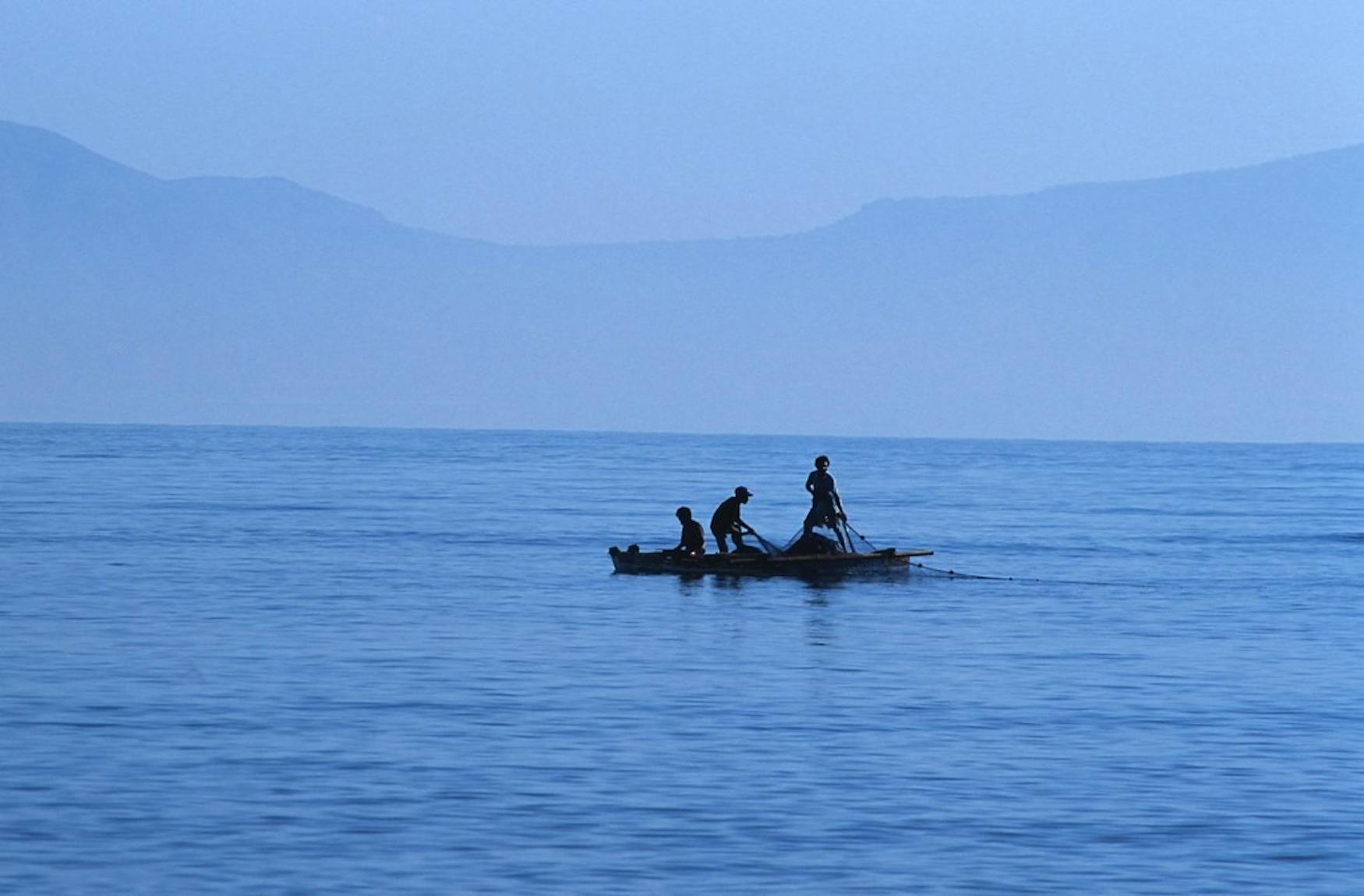'Seaspiracy': reviewing the world’s fishing industry
Last week I finished class and opened Netflix, as I now do every evening. I had finished all of the shows and movies I wanted to watch and was looking for something interesting. One of the easiest ways to get new recommendations is through Netflix’s Top 10 list so I headed there. One of the suggestions was a documentary called “Seapiracy.” With its seemingly obvious title, paired with an image of diving whales in an ocean that is turning from red to a deep blue, I felt drawn to it. I had previously ignored it because I just assumed it was about pirates. As I had just watched a show about pirates, I was not that interested. In short, I had no idea what I was getting into.
The “Seaspiracy” documentary explores how the global fishing industry contributes to both the pollution in the seas and the decimation of the fish, whale, seal and dolphin populations. The film starts off with Ali Tabrizi, a British filmmaker and the creator of the documentary, discussing his own connection to the sea and his journey of discovering how he can contribute to the fight against ocean pollution. Throughout the movie, he pairs striking videos of whaling, fishing, fish farming and trawling with interviews featuring conservationists, whistleblowers, activists, fishing companies and slaves working in the shrimp industry in Thailand. Tabrizi partnered with Sea Shepherd, a marine conservation organization known for its controversial “direct-action tactics” with a fleet of ships to protect marine wildlife, in the making of the documentary.
The documentary exposes the dangers of the seemingly safe measures and equipment adopted by the industry. Netting, for instance, was designed for trapping and killing sea creatures. Even when disposed as trash in the ocean, netting still traps and harms the animals. The “dolphin safe” label and the MSC blue tick on fish products, supposedly indicating sustainable fisheries, means nothing because companies have to pay for the label. The organization responsible for the label takes the word of the ship captains who do the fishing without witnesses. These snippets of information are just the tip of the iceberg in the seaspiracy. Here are some more important pieces of information that the creators bring up: most of the fish consumption contributes to the death of dolphins. Approximately 50 million sharks are caught in bycatch from the fishing industry. The oil spill in the Gulf of Mexico ironically preserved the ocean life by giving the area a break to recover because ships were not fishing there due to the risk of contamination. These and many other shocking discoveries are explored and documented in this production.
Whether you are a regular documentary watcher or are just looking for entertainment, I promise you will love this film. The fast-paced narrating paired with incredibly beautiful and heart-wrenching footage makes it informative and engaging. Statistics are used sparingly at the right timing, which captures the audience's attention as opposed to overloading them. The producer is incredibly skilled at asking difficult questions in direct and almost naive ways that made the interviewees confused and angry. The point of these questions is to catch the interviewees by surprise and get them to admit, either out loud or via their reactions, things that they otherwise would not. Why are you killing so many tuna and then using another port to kill dolphins while insinuating that they are the ones killing the tuna instead? Why are you not blaming the fishing industry for the plastic it produced in the ocean, which accounts for 40% of the Great Pacific Garbage Patch, and instead shift it to plastic straws, which only accounts for 0.03% of plastic in the ocean? Why will you not directly tell people to eat less fish?
These questions prompt ocean enthusiasts, animal lovers and anyone who lives on the planet to reflect on the devastating impacts humans have brought to the sea, while also providing abundant information such as where your food comes from. In addition to every other fact I learned, the main takeaway I got that I will try to implement into my life is “eat less fish.”




Please note All comments are eligible for publication in The Justice.